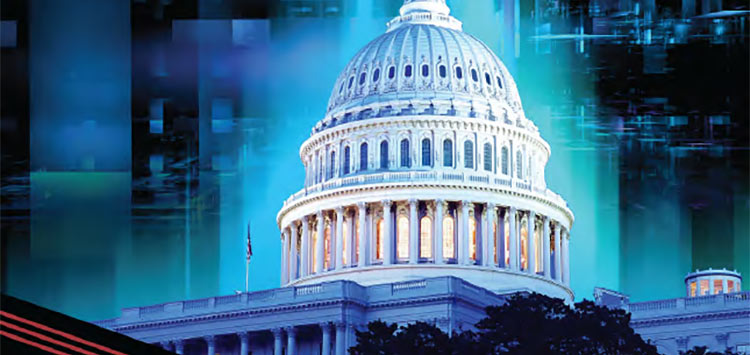Will endowment taxes increase college access? (opinion)
Inside Higher Ed: The recently enacted tax on the investment returns of highly endowed private colleges and universities affects a small -- albeit growing -- number of institutions, limiting proceeds and removing revenue generation as a plausible justification. The rationale behind the tax is largely based on the vast resources held by the affected institutions, their high cost and the underrepresentation of lower- and moderate-income students on their campuses. Tom Reed, a Republican congressman from New York, believes the tax will help promote “a good-quality education with an affordable price tag” at affected colleges and universities. But while important issues of access remain, the focus on price and affordability indicates a misunderstanding of the financial aid system and the tuition charged by these institutions.
Virtually all colleges that will be subject to the endowment tax fall into the category of institutions with “meet full need” financial aid policies. The idea is that any accepted student is provided with sufficient financial assistance to bring the cost of attendance in line with the family’s ability to pay. In practice, determining what a family can afford is difficult, and the family may still struggle finding those funds. But colleges that at least attempt to accomplish this goal are using their financial resources to support improved access.
Tags
Share
Top Stories
- CISA releases guide to help safeguard K-12 schools from cyber threats
- University of Ottawa’s Martin Bernier on continuous learning
- What Is ChatGPT and How Is It Used in Education?
- K12 Schools View Technology as a Guardrail for Good Digital Citizenship
- 5 ways our district streamlines edtech ecosystems
- 14 Technology Predictions for Higher Education in 2023 -- Campus Technology
- Dozens of US schools, universities move to ban TikTok
- How Can Schools Reduce the Risk of Cyberattacks?
- Districts Transform School Spaces into Labs, Arenas and Studios
- What's In, What's Out for Education Technology
- Texas Proposes Sharing Information Security Expertise Across Higher Ed and State Agencies -- Campus Technology
- Commerce Announces Over $18M in Digital Education Funding
- Rethinking your K-12 cloud strategy
- All That Ed Tech Schools Bought During the Pandemic Won’t Improve Equity. Here's Why
- How to Communicate Student Data Privacy Protections to Families More Effectively
- Ban the Cellphone Ban
i360Gov Newsletters
The most significant government policy, business, and technology news and analysis delivered to your inbox.
Subscribe NowTrending
- Mentoring tomorrow’s Black IT leaders
- 5 tips to build community-wide support for IT transformation
- Technology Is the Tool, Not the Teacher (Opinion)
- Every Student Needs 21st-Century Data-Literacy Skills
- 5 Big Technology Challenges Teachers and Administrators Will Face This School Year
- Districts Transform School Spaces into Labs, Arenas and Studios
- How Can Schools Reduce the Risk of Cyberattacks?
- What Are the Benefits of Digital Identity in the Metaverse?


















